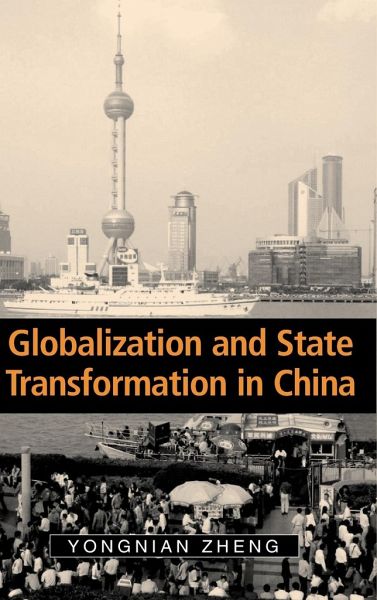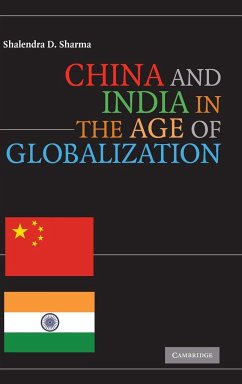
Globalization and State Transformation in China

PAYBACK Punkte
59 °P sammeln!
Globalization has thrown up challenges and opportunities which all countries have to grapple with. In his 2004 book, Yongnian Zheng explores how China's leaders have embraced global capitalism and market-oriented modernization. He shows that with reform measures properly implemented, the nation-state can not only survive globalization, but can actually be revitalized through outside influence. To adapt to the globalized age, Chinese leaders have encouraged individual enterprise and the development of the entrepreneurial class. The state bureaucratic system and other important economic institut...
Globalization has thrown up challenges and opportunities which all countries have to grapple with. In his 2004 book, Yongnian Zheng explores how China's leaders have embraced global capitalism and market-oriented modernization. He shows that with reform measures properly implemented, the nation-state can not only survive globalization, but can actually be revitalized through outside influence. To adapt to the globalized age, Chinese leaders have encouraged individual enterprise and the development of the entrepreneurial class. The state bureaucratic system and other important economic institutions have been restructured to accommodate a globalized market economy. In rebuilding the economic system in this way, Zheng observes that Chinese leaders have been open to the importation of Western ideas. By contrast, the same leaders are reluctant to import Western concepts of democracy and the rule of law. The author argues that, ultimately, this selectivity will impede China's progress in becoming a modern nation state.














